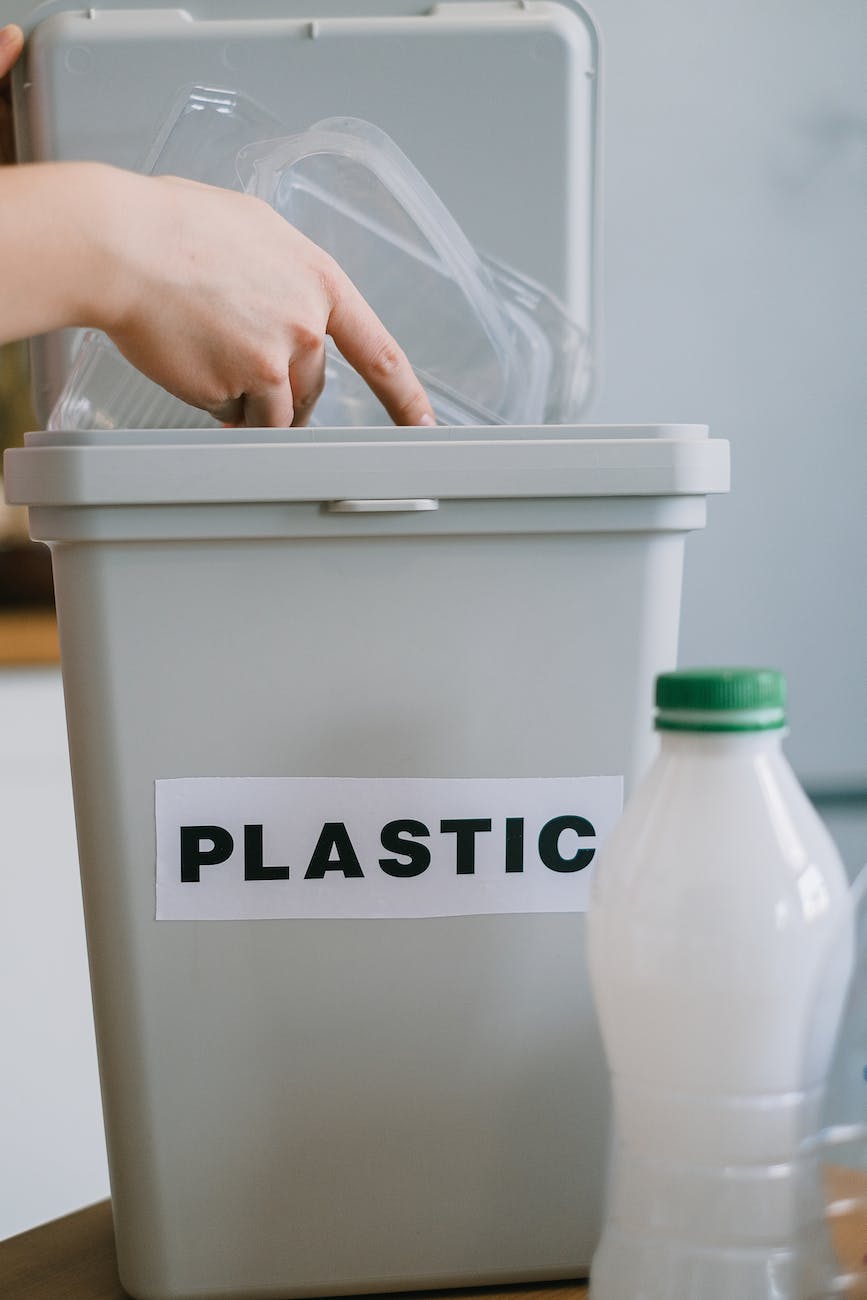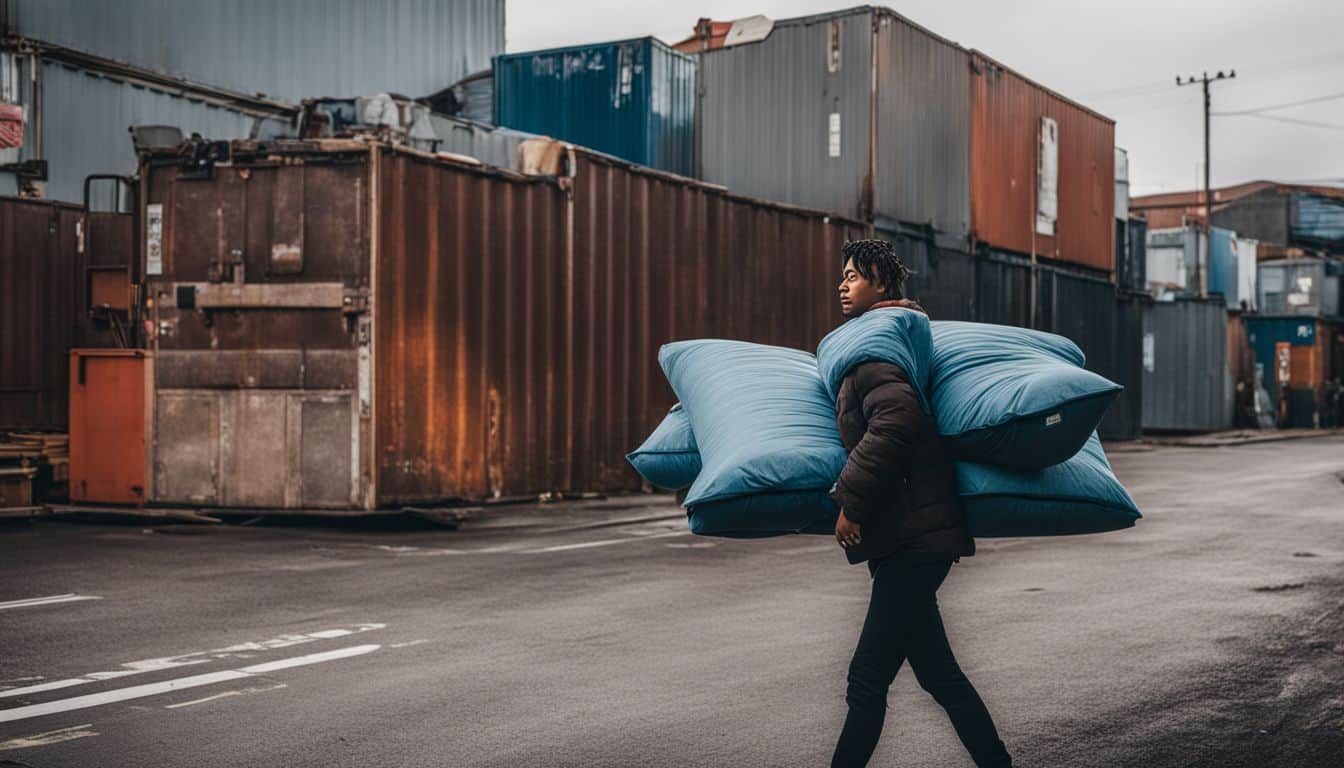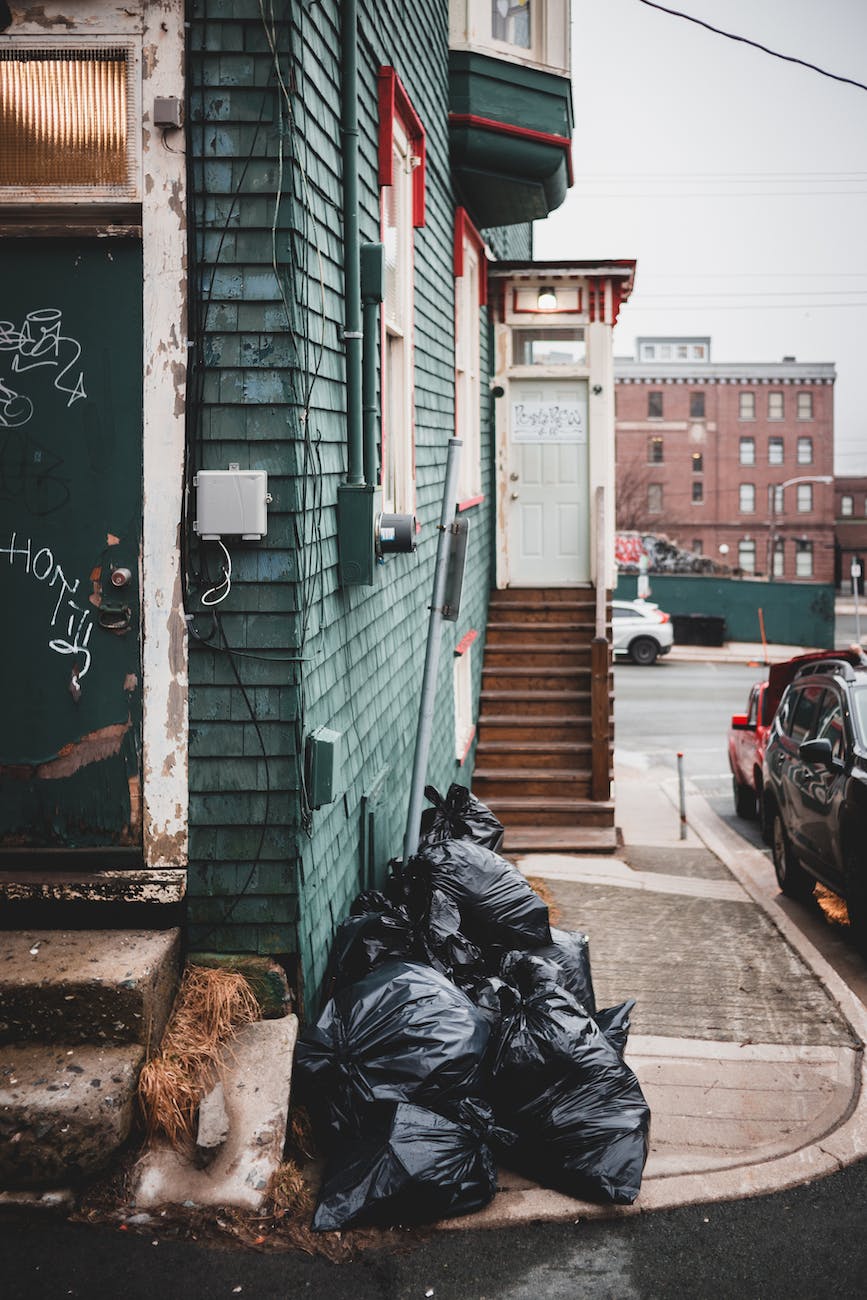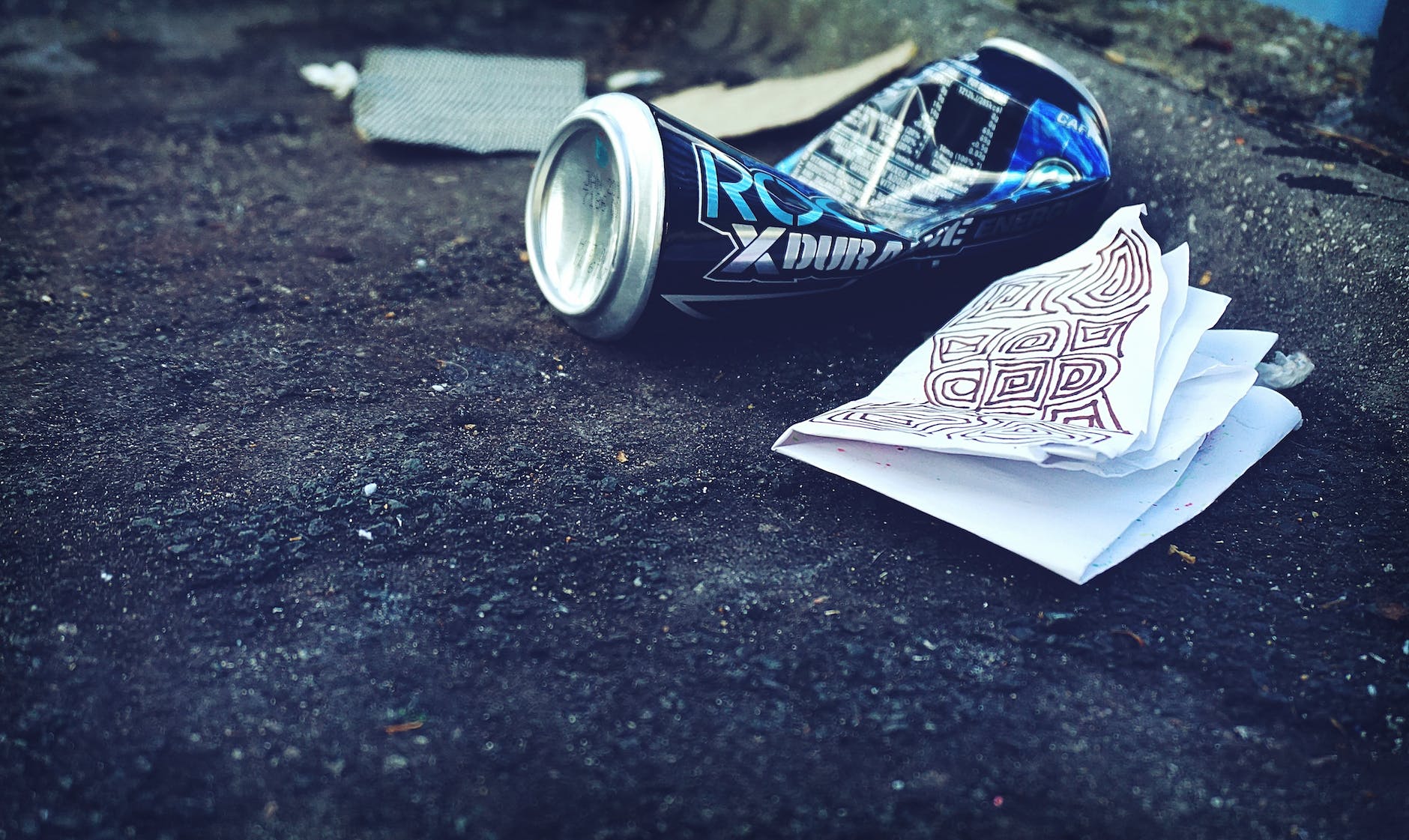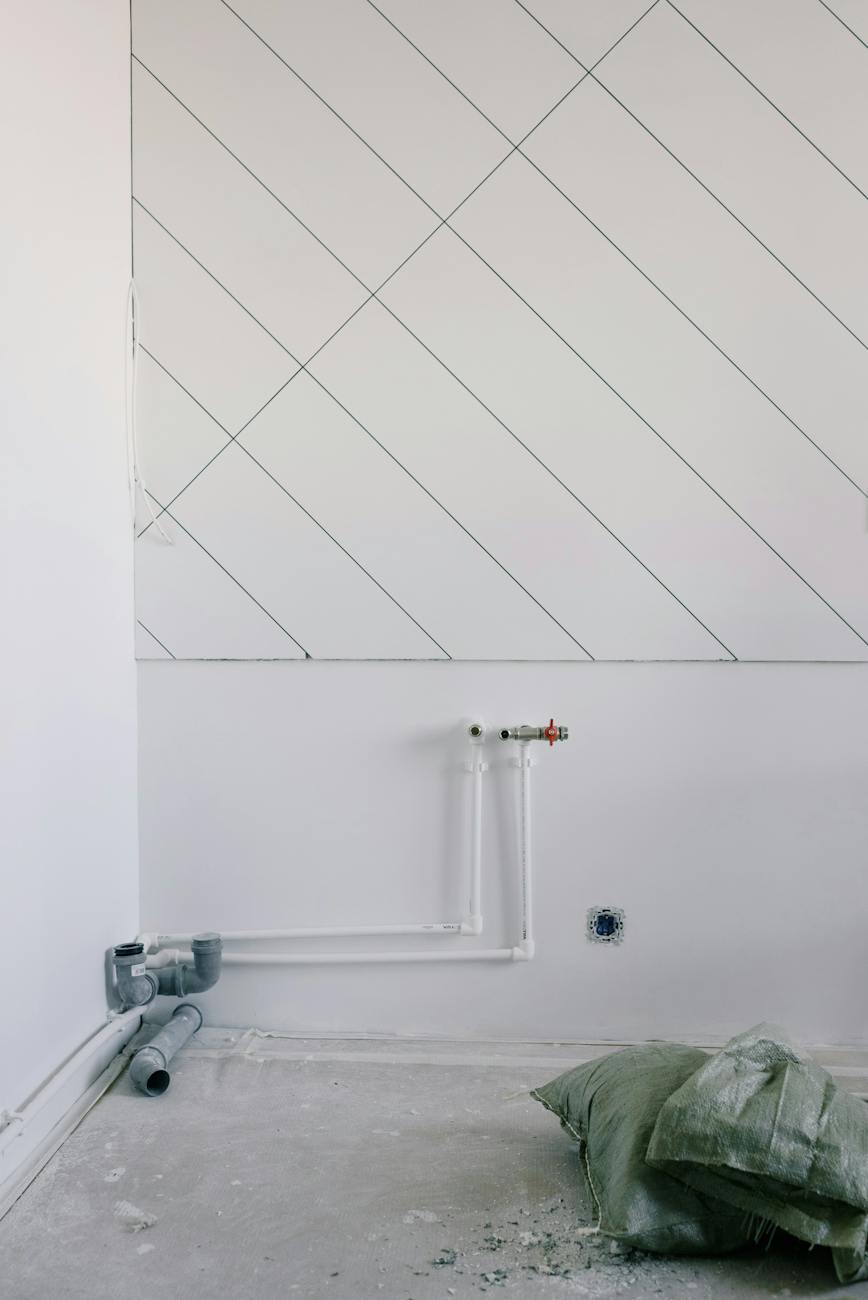Introduction to Rubbish Removal in Dublin
Efficient waste management is a critical component of urban living, ensuring that the environment remains clean and habitable. In Dublin, where the population density is high, and the pace of life is fast, rubbish removal services play a vital role in maintaining the city’s cleanliness and public health.
The Importance of Efficient Waste Management
Proper waste management is more than just a convenience; it is a necessity for preserving the environment and safeguarding the health of the community. Efficient rubbish removal helps prevent pollution, reduces the spread of diseases, and contributes to a more aesthetically pleasing urban landscape.
In Dublin, efficient waste management also means being mindful of the city’s unique regulations and striving for eco-friendly disposal methods. With the growing emphasis on sustainability, residents and businesses alike are encouraged to adopt practices that minimize environmental impact. For insights on sustainable waste disposal, readers may find valuable information on sustainable practices: eco-friendly rubbish removal in dublin.
Who Needs Rubbish Removal Services?
Rubbish removal services cater to a wide array of clients in Dublin, encompassing residential homeowners who are decluttering, commercial businesses producing regular waste, construction companies generating debris, property management firms maintaining estates, and municipal agencies ensuring clean public spaces.
Each sector has its specific waste management needs. Homeowners may require periodic services for household waste, while businesses and construction sites might need more frequent and specialized rubbish removal solutions. Agencies managing municipal waste must coordinate large-scale operations to keep public areas clean and hospitable.
For residential homeowners, declutter your dublin home: quick & easy rubbish removal tips offers practical advice for managing household waste. Meanwhile, commercial entities can explore commercial waste solutions: dublins premier rubbish removal services for tailored rubbish removal options. For those involved in construction, the ultimate guide to rubbish removal for dublin construction projects is an indispensable resource.
Dublin’s approach to streamlining rubbish removal involves a collective effort from all stakeholders, ensuring that waste is handled efficiently and responsibly. This guide serves as a starting point for homeowners and professionals alike to understand the pivotal role of rubbish removal in maintaining the city’s cleanliness and ecological balance.
Streamlining Rubbish Removal for Homeowners
Efficient waste management is essential for a clean and healthy living environment. In Dublin, homeowners have various options when it comes to disposing of their household waste. Understanding the types of waste and how to sort them effectively can streamline the rubbish removal process.
Understanding the Types of Waste
Waste can be divided into several categories, each requiring a different method of disposal. Here are the common types of household waste:
| Waste Type | Description | Disposal Method |
|---|---|---|
| General Waste | Non-recyclable materials such as mixed packaging, plastics, and kitchen waste. | Collected in black bins for landfill or incineration. |
| Recycling | Paper, cardboard, clean plastics, cans, and glass. | Collected in green bins for recycling facilities. |
| Organic Waste | Food scraps and garden waste like leaves and grass. | Collected in brown bins for composting. |
| Hazardous Waste | Chemicals, paints, batteries, and electrical items. | Specialized drop-off centers or pick-up services. |
| Bulky Waste | Large items like furniture and appliances. | Bulky waste collection services or recycling centers. |
Understanding these categories helps homeowners make informed decisions about rubbish separation and eco-friendly disposal.
Sorting and Separating Rubbish
Sorting and separating rubbish is a critical step in streamlining rubbish removal in Dublin. Here’s how homeowners can sort their waste effectively:
- Set up separate bins for general waste, recycling, and organic materials.
- Familiarize yourself with Dublin’s recycling guidelines to ensure proper separation of recyclables.
- Dispose of hazardous waste responsibly by following Dublin’s hazardous waste disposal regulations.
- For bulky items, consider scheduling a pick-up with a bulky waste removal service.
- Engage in composting at home for organic waste, or use the brown bin provided by the waste management service.
By understanding the types of waste and practicing proper sorting, homeowners can contribute to efficient waste management. This not only simplifies the rubbish removal process but also supports sustainable practices and recycling efforts in Dublin. For more information on streamlining rubbish removal, homeowners can explore resources like tailored rubbish removal services and decluttering tips that can make the task more manageable.
The Rubbish Removal Process
Efficient rubbish removal is essential for maintaining a healthy and clean environment in Dublin. Homeowners need to understand the process of organizing waste pickup and the intricacies of recycling to ensure their waste is disposed of responsibly.
Step-by-Step Guide to Organizing Waste Pickup
- Assess Your Waste: Before arranging for rubbish removal, assess the amount and type of waste you have. Separate it into recyclables, organic waste, and non-recyclables.
- Choose a Service: Select a rubbish removal service that suits your needs. Options vary from regular curbside collection to specialized services for large items or hazardous materials.
- Schedule a Pickup: Contact your chosen rubbish removal service to schedule a pickup. Be clear about the type and volume of waste to ensure accurate service.
- Prepare Your Waste: On the day before collection, place your rubbish in the appropriate bins or bags as directed by your service provider. Ensure it is accessible for pickup.
- Recycling and Special Waste: If you have recyclables or special waste (like electronics or large items), follow the specific instructions for these materials. Some may require drop-off at a designated facility or special collection arrangements.
For those who are part of the municipal collection service, information on collection days and guidelines can be found on local government websites. Homeowners with larger waste management needs, such as during renovation projects, may benefit from construction site clean-up: rubbish removal services in Dublin.
Recycling: What Can Be Recycled and How
Recycling in Dublin is a simple yet impactful way to contribute to a greener environment. Homeowners should be familiar with what materials can be recycled and the proper methods for doing so.
| Recyclable Materials | How to Recycle |
|---|---|
| Paper and Cardboard | Remove any non-paper components and flatten boxes. |
| Glass Bottles and Jars | Clean and remove lids. |
| Plastic Bottles and Containers | Rinse and remove caps, place in the recycling bin. |
| Aluminum and Tin Cans | Rinse and crush if possible before recycling. |
| Textiles | Donate usable items, recycle worn textiles at designated bins. |
To ensure efficient recycling, materials should be free of food residue and other contaminants. Special recycling centers or pickup services may be available for items like electronics and batteries. For more details, homeowners can refer to recycling made easy: Dublin’s top rubbish removal services.
By following these guidelines, homeowners can take active steps in streamlining rubbish removal in Dublin. Proper waste management not only keeps homes and communities clean but also contributes to larger environmental conservation efforts. For more in-depth information on eco-friendly waste disposal, visit sustainable practices: eco-friendly rubbish removal in Dublin.
Legal and Environmental Considerations
In Dublin, as in many cities, managing waste in a way that complies with legal standards and protects the environment is a significant concern for homeowners. Understanding the regulations and adopting environmentally friendly disposal methods are essential steps in streamlining rubbish removal responsibly.
Regulations for Rubbish Removal in Dublin
Dublin’s waste management regulations are designed to ensure that rubbish is removed and disposed of in a way that minimizes its impact on the environment. These regulations cover various aspects of waste management, from the separation of recyclables to the disposal of hazardous waste. Homeowners must adhere to these rules to avoid penalties and contribute to a cleaner, healthier city.
Key regulations include:
- Mandatory separation of waste into recyclable, organic, and residual categories
- Specific collection days for different types of waste
- Restrictions on the disposal of hazardous materials, such as electronics and chemicals
- Requirements for waste carriers to be licensed and comply with waste handling protocols
To better understand the regulations and ensure compliance, homeowners can refer to resources like Dublin municipalities: enhancing public spaces with professional rubbish removal and rubbish removal Dublin: streamlining waste management for agencies.
Environmentally Friendly Disposal Methods
Adopting eco-friendly rubbish disposal methods is not just about following regulations—it’s also about taking proactive steps to protect the environment. Homeowners have various options for disposing of their waste in ways that reduce environmental impact.
Environmentally friendly disposal methods include:
- Composting organic waste to create nutrient-rich soil amendments
- Participating in local recycling programs to ensure materials like paper, glass, and plastics are reprocessed
- Utilizing services that specialize in the collection and processing of electronic waste
- Donating items that are still usable to charitable organizations instead of discarding them
By incorporating these methods, homeowners can significantly reduce their environmental footprint. For more information on eco-friendly waste solutions, readers can explore articles such as sustainable practices: eco-friendly rubbish removal in Dublin and eco-friendly rubbish disposal solutions for Dublin businesses.
Additionally, engaging with experts through services like efficient estate clearances: Dublin’s rubbish removal specialists can help streamline the process of disposing of large volumes of waste in an environmentally conscious manner. For those undertaking construction or renovation projects, the ultimate guide to rubbish removal for Dublin construction projects offers insights into managing construction debris sustainably.
Challenges in Rubbish Removal
Navigating the landscape of waste management can be a complex task for Dublin residents. Homeowners must deal with a variety of challenges, including the disposal of hazardous materials and the overcoming of common obstacles that arise during the rubbish removal process.
Dealing with Hazardous Waste
Hazardous waste poses significant challenges due to its potential harm to humans and the environment. Proper disposal of items such as batteries, electronics, and chemicals is essential for safeguarding public health and adhering to legal requirements.
| Hazardous Material | Examples |
|---|---|
| Electronic Waste | Televisions, Computers, Mobile Phones |
| Chemicals | Cleaning Agents, Paint, Pesticides |
To effectively manage hazardous waste, homeowners should first identify the types of hazardous materials present in their homes. They should then utilize designated disposal services that specialize in handling such waste. For further information on eco-friendly disposal methods, one can read about eco-friendly rubbish disposal solutions for dublin businesses.
Overcoming Common Obstacles in Waste Disposal
There are several common obstacles that homeowners encounter when managing their rubbish. These include:
- Limited space for waste storage, particularly in urban areas.
- Uncertainty about the categorization and sorting of waste materials.
- Difficulties in scheduling regular pickups due to busy lifestyles.
- Challenges in finding reliable and cost-effective rubbish removal services.
To navigate these challenges, homeowners should:
- Allocate specific areas for waste storage and establish a routine for sorting waste.
- Stay informed about the local waste management regulations and collection schedules.
- Consider working with professional rubbish removal services that can provide tailored solutions for waste disposal needs.
For those undertaking larger projects, such as construction or estate clearances, partnering with specialized services can streamline the process. Individuals can explore services tailored to their needs, such as efficient estate clearances: dublin’s rubbish removal specialists or the ultimate guide to rubbish removal for dublin construction projects.
By addressing these challenges head-on, Dublin residents can maintain a clean and healthy environment while ensuring compliance with local regulations and promoting sustainable practices.
Tips for Effective Rubbish Management
Implementing effective rubbish management practices is essential for streamlining rubbish removal in Dublin. Not only does it contribute to a cleaner and more sustainable environment, but it also ensures compliance with local regulations. Here are some strategies for homeowners to reduce waste and plan for regular rubbish removal.
Reducing Waste at the Source
The most impactful method for streamlining rubbish removal is to minimize waste production from the outset. Homeowners can adopt various practices to achieve this:
- Buy in Bulk: Purchase items in bulk to reduce packaging waste.
- Composting: Start composting organic waste to reduce the amount of waste sent to the landfill.
- Reusable Items: Use reusable bags, containers, and other products to limit the disposal of single-use items.
- Repair and Reuse: Fixing broken items instead of discarding them can significantly lower household waste.
These steps not only lessen the environmental impact but also save money in the long run. For businesses looking to adopt similar practices, consider exploring eco-friendly rubbish disposal solutions for Dublin businesses.
Planning for Regular Rubbish Removal
Regular rubbish removal is key to maintaining a clutter-free home and adhering to the city’s waste management guidelines. Here are a few tips for planning your waste pickup:
- Schedule Pickups: Establish a routine schedule for rubbish collection that aligns with local services.
- Seasonal Cleaning: Plan additional waste pickups after events or clean-outs where more rubbish is expected.
- Specialist Services: For large items or hazardous materials, utilize specialist rubbish removal services.
- Stay Informed: Keep up to date with any changes to rubbish removal policies and schedules in Dublin.
| Activity | Frequency |
|---|---|
| Regular Household Waste Pickup | Weekly |
| Recycling Collection | Bi-weekly |
| Garden Waste Collection | Monthly |
| Bulk Waste Pickup | Quarterly or as needed |
Staying organized with your waste disposal can prevent the accumulation of rubbish and ensure a smoother process overall. For those undertaking bigger projects like estate clearances or construction, professional services like efficient estate clearances: Dublin’s rubbish removal specialists and construction site clean-up: rubbish removal services in Dublin can provide tailored assistance.
By adopting these practices, homeowners can contribute to a cleaner Dublin while also simplifying their rubbish removal process. For further tips on decluttering and waste management, check out declutter your Dublin home: quick & easy rubbish removal tips.
Resources for Dublin Homeowners
For homeowners in Dublin looking to manage their waste effectively, there are essential resources available to ensure rubbish removal processes are streamlined and efficient. Knowing when to put out your bins and how to report any service issues are crucial aspects of effective waste management.
Finding Information on Scheduled Collection Days
Keeping track of rubbish collection days is fundamental to preventing waste buildup. Dublin homeowners can find their scheduled collection days by consulting their local council’s waste management department. This information is typically accessible on the council’s official website and may be available in a calendar format for easy reference.
Residents should note that collection schedules may vary depending on the area and the type of waste (general waste, recycling, organic, etc.). It is also important to be aware of changes to the schedule during public holidays or extreme weather conditions, which can be updated via local news outlets or direct communication from rubbish removal service providers.
To maintain a streamlined rubbish removal process, homeowners are encouraged to mark their collection days on personal calendars and set reminders. In addition, homeowners can follow the links below for further insights on eco-friendly rubbish disposal and efficient waste management strategies:
- Eco-friendly rubbish disposal solutions for Dublin businesses
- Sustainable practices: Eco-friendly rubbish removal in Dublin
- Recycling made easy: Dublin’s top rubbish removal services
Reporting Issues and Concerns with Rubbish Removal
When Dublin homeowners encounter issues with rubbish removal services, such as missed collections or improper disposal, it is important to report these concerns promptly. Most councils and service providers offer dedicated hotlines or online platforms where residents can log their issues. Timely reporting ensures that rubbish removal services operate optimally and any disruptions are minimized.
For more complex concerns, such as dealing with hazardous waste or addressing obstacles in waste disposal, homeowners can consult specialized articles for guidance:
By leveraging these resources, Dublin homeowners can contribute to a cleaner environment, ensuring that their waste is disposed of responsibly and efficiently.

